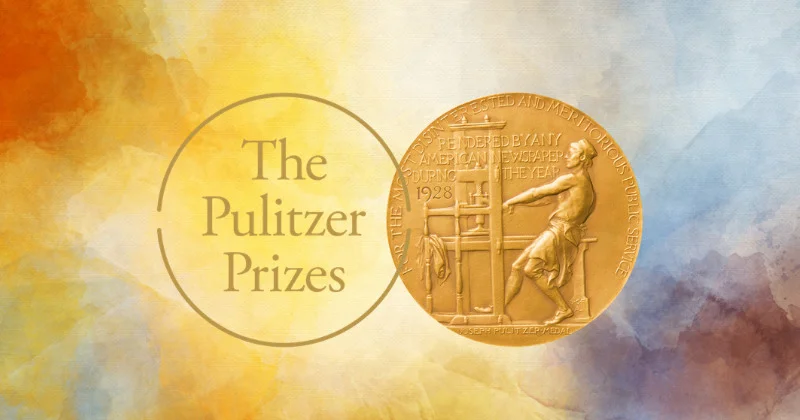The Pulitzer Prizes: 10 Facts You Didn’t Know
The Pulitzer Prize is one of the most prestigious awards in journalism, literature, and musical composition. Since its creation in 1917, it has been awarded to some of the most famous names in media, including The New York Times, Ernest Hemingway, and Bob Dylan. But there are some fascinating facts about the Pulitzer Prize that not everyone knows – here are 10 of them!
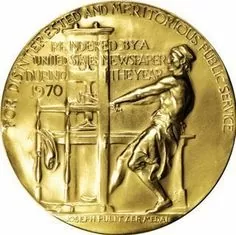
1) It’s Not a Poetry Prize
The coveted Pulitzer isn’t a poetry prize, contrary to popular belief. Since its inception in 1917, only seven of 126 winners have been for works of poetry. Although Bob Dylan is sometimes called a poet and won for his lyrics, he was awarded for his song Blowin’ in the Wind. Jorie Graham won in 1993 for her collection Evolution/Revolution but it wasn’t even considered a finalist that year because of its experimental style.
2) There are Several Categories of Prizes
There are prizes for reporting, commentary, criticism, poetry and drama. Additionally, there is a prestigious medal given to an individual who has contributed significantly to American culture in any field of endeavor. It’s only given every few years. The most recent award was in 2012 when Toni Morrison received it. The annual awards have been given since 1917 with a couple of exceptions during World War II.
3) Ernest Hemingway Won Twice Pulitzer Prize
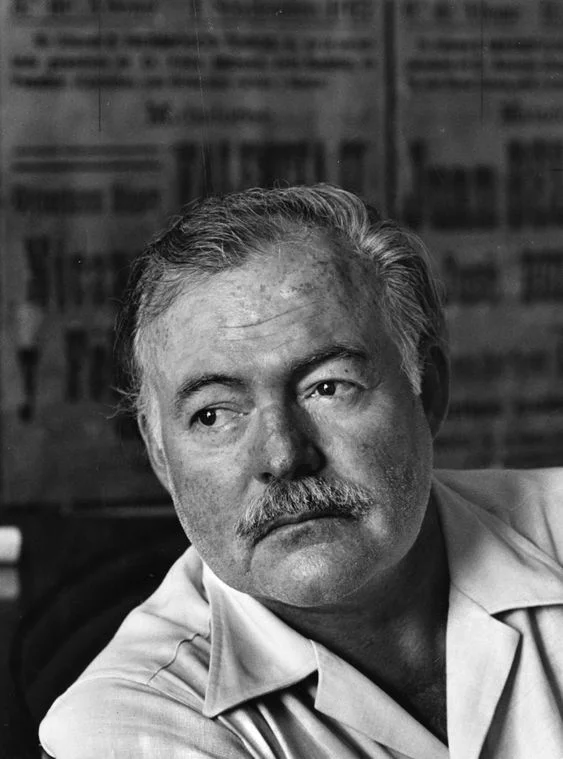
In addition to winning a Pulitzer for The Old Man and The Sea, Ernest Hemingway also won one posthumously in 1954 for his collection of short stories, The Sun Also Rises. He’s not the only author to win twice; William Faulkner (A Fable and A Rose for Emily) and Booth Tarkington (Alice Adams and Penrod) are others who managed to take home multiple Pulitzers.
4) Norman Mailer Never Won Pulitzer Prize
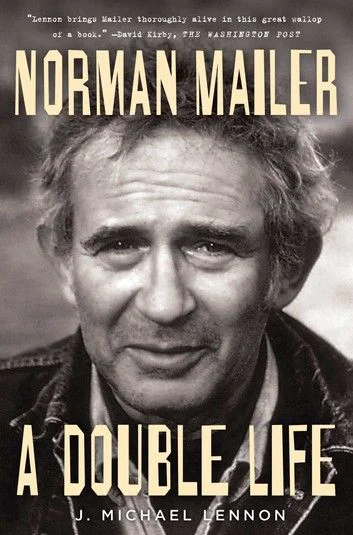
For many Americans, Mailer is synonymous with literature. In fact, he’s one of only four writers to win three National Book Awards and be nominated for a Nobel prize in literature. However, despite his influence on American letters, Mailer never won a Pulitzer. Why? Well, that’s quite simple actually—he refused to put pen to paper during his active military service in World War II. He believed that entering for consideration was an insult to those who were fighting and dying overseas.
5) There Was Only One Woman Winner in Fiction Before 2000
Before 2000, no woman had ever won a Pulitzer for fiction. That year, Amy Tan broke that streak with her novel The Joy Luck Club (Bantam). In fact, Tan was one of only three women to win in fiction before 2010; Zora Neale Hurston’s Their Eyes Were Watching God (Harper & Row) was awarded in 1937 and Virginia Woolf’s Mrs. Dalloway (Mariner) won in 1921. Six other women have been nominated for their fiction since 2000.
6) John Steinbeck Received an Honorary Award
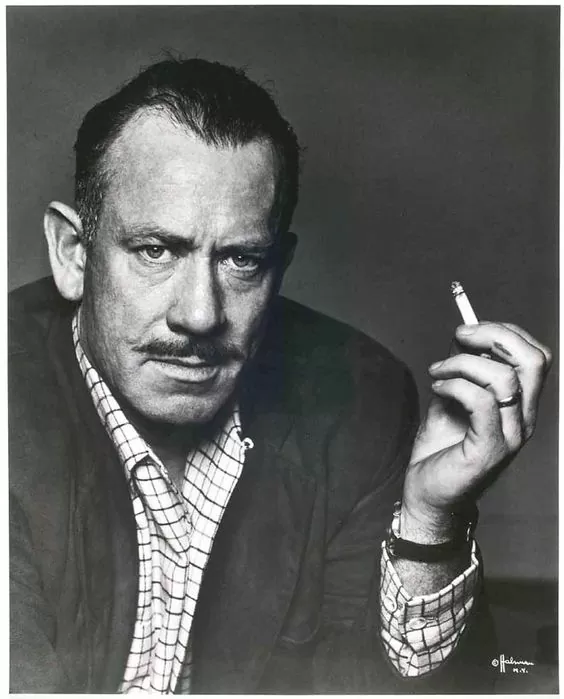
The highest-ranking award, The Pulitzer Prize for Literay Fiction, was created in 1917. Although no writer has ever received an honorary award, author John Steinbeck received an honoray award in 1962. He is one of twelve writers to have won a Nobel and Pulitzer Award for literature. Other notable winners include William Faulkner (1949), Ernest Hemingway (1953), George Orwell (1948), Eugene O’Neill (1928) and Toni Morrison (1993).
7) A Reporter Was Once Awarded for War Correspondence
Of all of history’s Pulitzer Prizes, it’s perhaps easiest to forget about one of them. Theodore Dreiser won for his novel Sister Carrie, but he was also a writer for multiple newspapers and won an award in 1917 for newspaper war correspondence. Before he died in 1945, Dreiser contributed to more than 60 publications with more than 15 million words and was awarded Pulitzers six times over.
8) History Will Remember Bob Woodward and Carl Bernstein as Winners of Pulitzer Prize, But Not Their Editor, Ben Bradlee
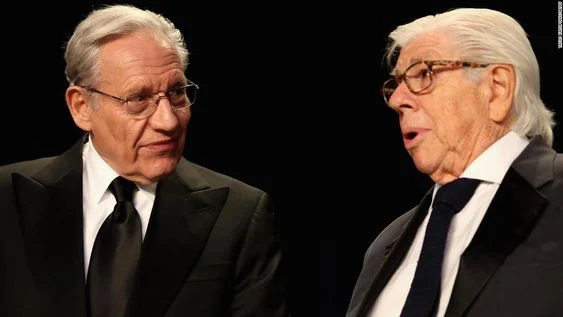
From Watergate to #MeToo, investigative journalism has played a significant role in shaping national and global public opinion. The editors behind these works are often overlooked, even though they were arguably just as crucial to these historic events. No one knows that better than former Washington Post editor Ben Bradlee. During his time at The Post, Bradlee worked with some of history’s most important journalistic legends—chief among them being Bob Woodward and Carl Bernstein.
9) Journalists Get All the Glory, While Cartoonists Receive a Pulitzer Too!
Despite their hard work and often offensive content, cartoonists are often overlooked when it comes to awarding accolades. However, two were given prizes in 2016 by The Washington Post for their excellent work covering Donald Trump’s campaign. In an effort to bring recognition to these under-appreciated individuals, we’ve compiled a list of ten things you may not have known about cartoonists receiving Pulitzers.
10) Pulitzer prize is an acronym that refers to the founders of the award
Purdue, utica, and lawrence. Publishers will likely understand the meaning of purdue university. Some publishers may have heard of utica but they are not aware that publishers founded the award in their hometown.
The winner is a reporter at Time magazine who wins for his or her reporting on ISIS and its effect on Islam in Europe. This controversial story is criticized by many readers as Islamophobic, but others applaud it as shedding light on a religion that is often misunderstood in America. This is one of five awards given to publications; other winners include The New York Times, New Yorker, Los Angeles Times and Wall Street Journal. One of these stories will win for best coverage of international issues, which means another publication outside those listed above may take home a prize.
A book publisher wins for nonfiction work based on historic documents related to communism and how it affects modern-day China. This year’s poetry award goes to an author from India whose work explores themes of womanhood, violence against women and female sexuality.
There are also four honorary prizes given out; two go to living authors who have already won Pulitzers, while two are awarded posthumously (one is split between a deceased photographer and her estate). Each recipient receives $10,000 with their award. An organization called the Friends of American Writers presents each honorary prize in conjunction with Columbia University’s graduate writing program.
Related Article:

